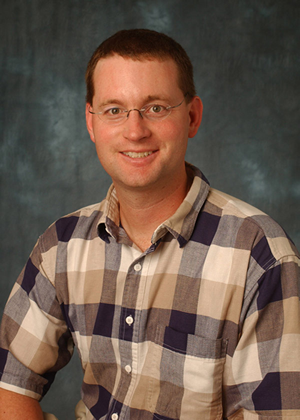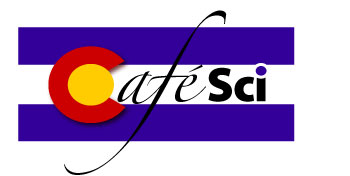ROGER A. PIELKE Jr. has been on the faculty of the University of Colorado since 2001 and is a Professor in the Environmental Studies Program and a Fellow of the Cooperative Institute for Research in the Environmental Sciences (CIRES). At CIRES, Roger serves as the Director of the Center for Science and Technology Policy Research. Roger's current areas of interest include understanding disasters and climate change, the politicization of science, decision making under uncertainty, and policy education for scientists. Before joining the University of Colorado, from 1993-2001 Roger was a Scientist at the National Center for Atmospheric Research. Roger sits on the editorial boards of Policy Sciences, Bulletin of the American Meteorological Society, Environmental Science and Policy, Darwin, Water Resources Research, and Natural Hazards Review. He is the author of a forthcoming book titled: The Honest Broker: Making Sense of Science in Policy and Politics to be published by Cambridge University Press in early 2007.) More information about Roger is available on his web site at http://sciencepolicy.colorado.edu/about_us/meet_us/roger_pielke/about.html Sept. 26, 2006 Press release from University of Colorado: DIRECTOR OF CU CENTER HONORED
IN MUNICH OCT. 9 FOR CLIMATE WORK |

|
Scientists have choices about the roles that they play in today's controversial political debates such as on global warming, genetically modified foods, and the Plan B emergency contraception just to name a few. Should scientists ever become advocates for certain policy choices? Is it possible to separate personal moral beliefs from professional scientific findings? Where can politicians get unbiased scientific information? Is the current administration any worse than others in 'cherry-picking' scientific facts? A recent article in the National Journal went so far as to suggest that far from being victims of politicization, the scientific community "is itself contributing to the polarization that afflicts America's political culture." Is this really true? Roger Pielke, Jr. will discuss these questions and more, which are addressed in his forthcoming book on the choices scientists have in policy and politics and how they impact the scientific enterprise as whole.
"Politicians don't like science," McCray said. "It's because science in uncontrollable. You can't make laws against it because the truth is going to come out no matter what, and the guys in Washington are all control freaks." Richard McCray, professor emeritus at CU, quoted in the Denver Post.
Recommended resourcesCenter for Science and Technology Policy Prometheus Science Policy Blog
|
